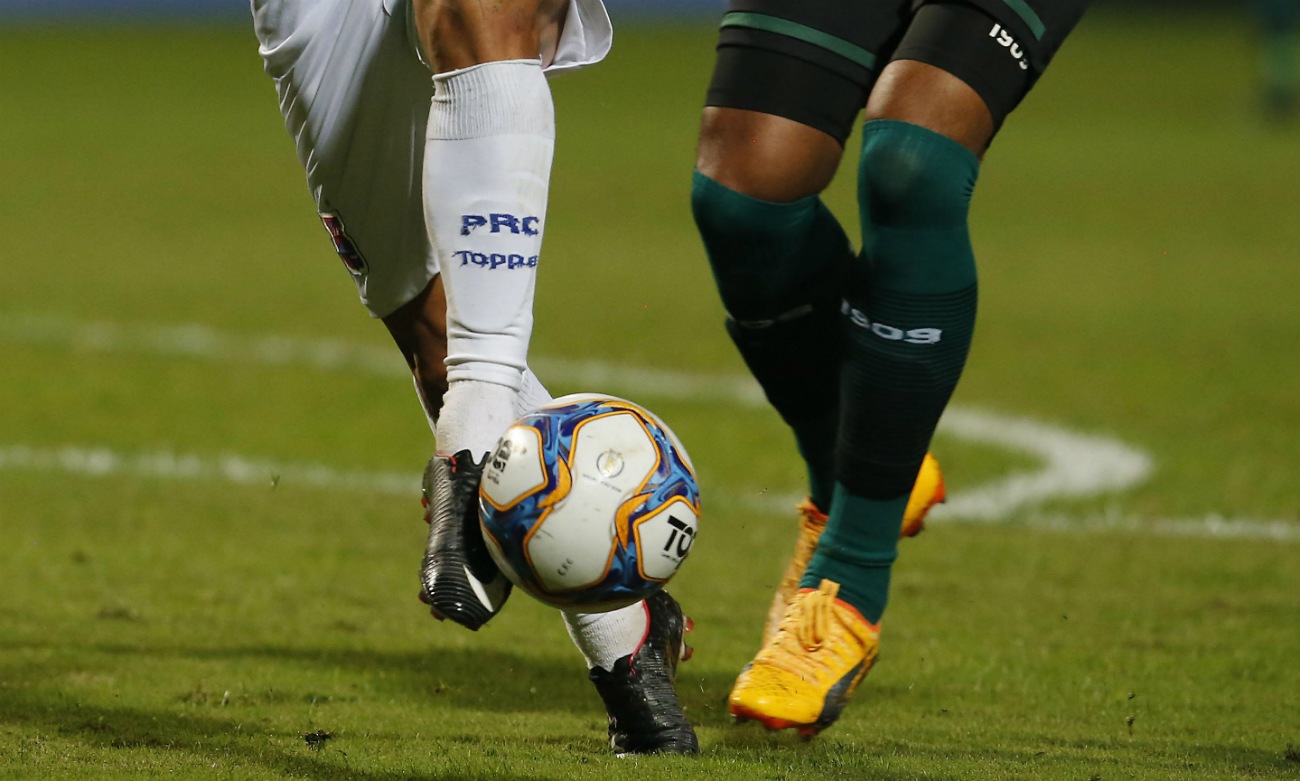RIO DE JANEIRO, BRAZIL – The coronavirus pandemic has paralyzed soccer in Brazil since March. From then on, the revenue of the main Brazilian clubs has plummeted – the box office has dropped to zero, sponsors have vanished, athlete negotiations have been frozen and the prospects are the worst possible for broadcast rights.

How much will actually be lost has become more clear now, with an exclusive study by the consultancy Sports Value. The impact, according to the consultancy, will be “brutal”. To make matter worse, the low digitization of clubs should also hinder a rebound, when compared to the big European clubs.
According to a Deutsche Bank study, the 20 top clubs in Europe are expected to lose between €1.2 billion (R$7 billion) and €2.7 billion in 2020, and up to €3.9 billion in the next two years. In the most pessimistic scenario, revenue shrinks 27 percent and 13 percent at best.
The hit in Brazil should be higher, according to Sports Value, with a methodology similar to that of Deutsche Bank. The minimum loss will be R$1.8 billion, 29 percent less than the R$6.1 billion in 2019. The maximum loss will be R$2.5 billion – 37 percent less. “Depending on how the clubs react to the crisis, and how the transfer market will behave, we can present similar revenues to 2010/2011,” says Amir Somoggi, a member of SportsValue.
The losses should come from all business fronts. TV rights may drop up to R$500 million and R$800 million in prospective athlete transfers will not occur. In box office, it will be R$410 million.
As in Europe, the clubs with the highest turnover should be the ones recording the highest losses. Flamengo, for one, which had significant revenue from titles, box office and sponsorship last year, is expected to lose 43 percent of its revenue, according to SportsValue – from R$950 million in 2019 to R$542 million in 2020. Bahia, with the lowest revenue among the clubs surveyed, should lose 31 percent – from R$189 million to R$131 million.
“Europe is more evolved and achieves revenues with streaming, with digital marketing. The drop there should last four years. Here, the clubs are lagging behind, and we have structural issues, like the low average income of fans,” says Somoggi.
The problem worsens because the clubs won’t be able to cut costs in the same proportion, says the consultant. “It will be a year of massive losses. The pandemic will expose management challenges.”
The solution, to lose less and to profit in the future, according to the consultant, is to expedite a club’s digital transformation. “Clubs need a deep dive into technological innovations, become startups incubators, and apply new fan engagement concepts,” the report says. Among the suggested best practices are digital deliveries to sponsors, monetizing their own content, and digitally connecting fans willing to consume the club brand on new fronts.
Examples are widespread. Bahia created a digital membership service during the pandemic. Atletico Nacional, from Colombia, promoted a digital contact between athletes and fans. Barcelona launched a streaming service with content produced in its own studios – the potential is for 30 million subscribers worldwide.
The pandemic, tragic, could be a watershed for Brazilian soccer.
Source: Exame

